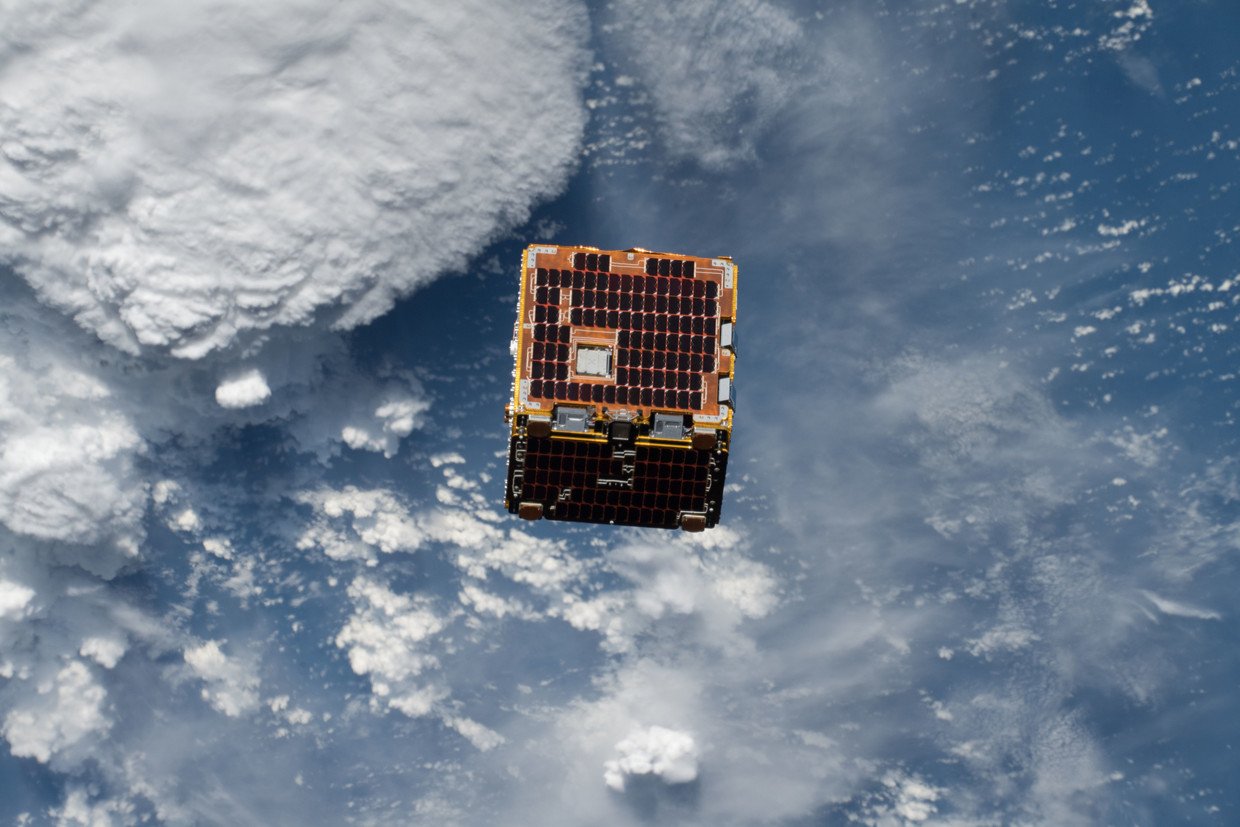Long night? Space junk could make dark sky a reality, scientists warn

The growing volume of space junk accumulated in the Earth’s orbit could block sunlight from reaching us, turning the sky dark, Russian scientists warn in a new study.
Space pollution also increases the risk of a collision between pieces of space junk and spacecraft which could trigger the so-called Kessler syndrome – a scenario, describing a chain reaction of exploding debris, which could overwhelm low earth orbit with junk and make space exploration impossible. It would also threaten GPS, television signals and other communications which depend on satellites.
Also on rt.com Interstellar tidy-up: ISS deploys craft with giant harpoon to collect space junkThough the current amount of the debris doesn’t pose a threat to the solar flux, the situation could rapidly change if a chain reaction of space debris collisions occur, according to the study by the Moscow Institute of Geosphere Dynamics.

Currently about 22,300 objects of different sizes, weighing more than 8,400 tons are orbiting the Earth, according to data from the European Space Agency’s Space Debris Office. About 1,950 are functioning spacecrafts, but the rest are byproducts of thousands of launches and routine spacecraft deployments, nearly 200 explosions, and several collisions.
Think your friends would be interested? Share this story!












